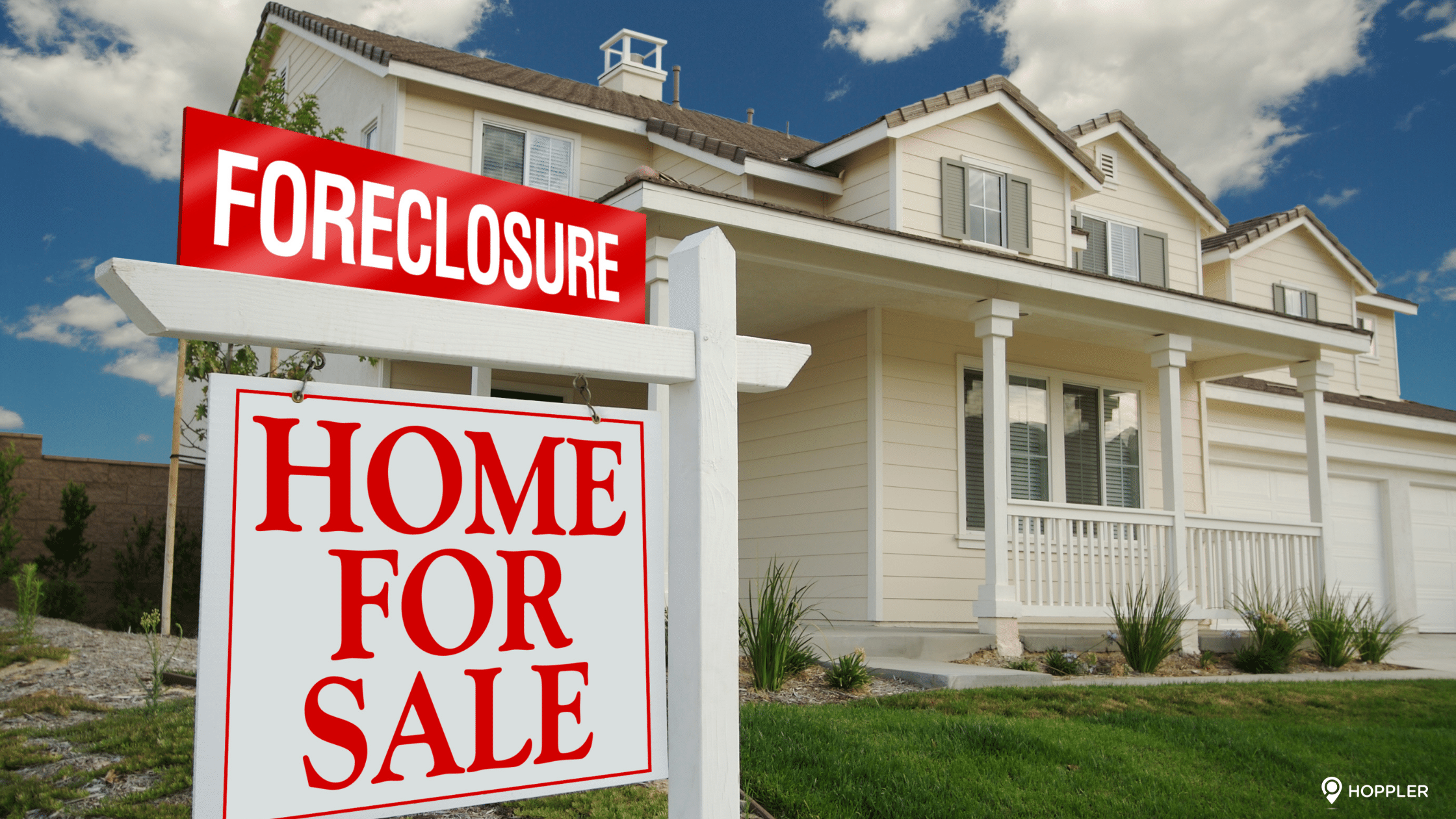Real Estate Scams in the Philippines
The number of people engaging in real estate has rapidly increased over the years and with this development, a lot of con artists are taking advantage of the status as well. Being involved in the real estate practice is not an easy feat. Whether you are an investor, buyer or broker a great amount of due diligence is required in order to safeguard your hard-earned investment and effort.
Let us make a run down of the top real estate scams in the Philippines in order to raise a red flag and inform the public of these swindling practices.
-
Rental Scams
Most people nowadays find houses or condominium units online and scammers would take advantage of this practice. Swindlers would easily copy listings of properties online and paste it on another site and represent themselves as agents. Some of them would urgently ask for money, a security deposit or broker fee. Be suspicious of those who cannot show up for viewing or to meet you in person but would ask you to transfer funds to a certain bank account right away.
Most classified ads for real estate are full of bogus accounts and fake postings of property for rent or sale. That is why it is necessary to inquire into properties through reputable online real estate platform. Most established companies would be more reliable since they have a reputation and brand to take care of. They also have licensed in-house brokers.
-
Information Brokerage
This is a scam involving two real estate agents colluding to increase their respective commission fee once the property has been bought. An example of this is one agent representing the buyer and another representing the seller. In this setup, the owner and the buyer do not know that they are dealing with two different brokers since they are not introduced. This will create a scenario where there are two agents in-between the transaction and this would result in distorting the value of the property since the commission will be shared by the agents.
This practice is a clear violation of the Code of Ethics and Responsibilities for Real Estate Service Practitioners. Buyer and sellers must be able to tap trustworthy brokers who will protect their interests and would not deceive them.
-
Forged Land Titles
There are many real estate agents in Metro Manila and other major cities in the country trying to scout for vacant lots which they will represent as their own property to sold. They will look for the copies of the land titles and other pertinent papers referring to it which are accessible to the public through local government agencies. Fake land titles can be conveniently obtained in Recto, a notorious area where fake documents are made in very affordable price. The scammers will simply put their name and the details of the subject lot on the document.
The best way to prevent this fraud is to deal with highly regarded real estate agents and developers. Under Republic Act 9646, brokers in the Philippines must have a license from the Professional Regulation Commission. You may also conduct your own investigation by getting a Certified True Copy of the title from the Register of Deeds. The office is commonly situated in the city or municipal government office where the property is located. You must obtain the title number and the full name of the owner in order to get this document.
-
Bait for Buyers
This scheme starts when real estate agents post advertisements of properties which they are not authorized to sell. These properties are usually offered at very low prices to entice victims. The broker will eventually start to build rapport with the potential buyer and once they have gained the trust of the clients, the deception come into play. The agents will now make an excuse that the original property that the buyer wanted has already been sold and eventually offer an alternative property which the former is now authorized to sell.
Home buyers are advised to check at the usual rate in the area where the supposed property they intend to buy. If a property is offered at a very low price compared to the other houses or condo units, this should already raise a red flag. You can also ask the broker for a copy of their authorization to sell from the owner.
-
Predatory Lending
Home buyers must be cautious when dealing with loan sharks and their tempting offers. You will usually find loan sharks through stickers, flyers, and poster. The target victims of these groups are those eligible to acquire loans from the bank, SSS, and Pag-IBIG. The loan sharks will lure you to agree on their 15% monthly interest rate and this will surely put you on bad credit.
-
Absence of Full Disclosure
Most agents are good salespersons and are experienced with building rapport with their clients. Unfortunately, some brokers would take advantage of this skill and misrepresent a property. A great example would be not disclosing that the location where the property is situated is flood-prone or that the developer of the condominium building has stopped the construction of the high rise for a long period of time before the continuance of the project. These are vital information which should be disclosed to home buyers even if, not asked. The agent must be transparent in giving the pros and cons of a certain property.
In order to avoid non-disclosure of relevant information about the property, a buyer must conduct his or her own research as well. Ask as many questions to the broker and compare notes.
-
“Colorum” Agents
These colorum agents are usually the reason for most of the real estate scams in the country. According to the Integrated Professional Organization of Real Estate Practitioners (IPORESP), there are more than 20,000 licensed real estate brokers in the Philippines but around 100,000 unlicensed agents are actively posturing to be owners, dealers, appraisers, brokers and even lawyers. Under Republic Act 9646, the Real Estate Service Act Law provides that even those who distribute flyers, occupy real estate property booths or act as agents without a license are considered colorum.
When dealing with brokers, you may ask for their license number and other documents. You may also seek assistance from the PRC in order to verify since they have the database of all the licensed brokers in the Philippines. You may call them on their trunk line at (632) 3100026.
-
Flopping
A person will buy property which is close to facing foreclosure for a value much lower than what the owner owes the bank. Thereafter, the new owner will convince the bank to short sale the subject property since the foreclosure process will be more expensive for them. Eventually the new owner will offer the property to a new buyer for a higher price to ensure profit. In this setup, the original and new owner often collude for their mutual benefit.
-
Mortgage Fraud
This scam often involves an investor and an appraiser. The investor will conspire with the appraiser to overstate the value of the property and the former will offer the property to a buyer. Thereafter, the investor will make a few payments on the mortgage then stops until it is foreclosed under the buyer’s name and credit.
-
Foreclosure Rescue Scam
This scam involves a pretentious “mortgage rescue company” who will take advantage of a property which will be subjected to foreclosure soon. The “company” will ask the owner if they could pay the mortgage and lease the property to a buyer while the owner is still given an opportunity to buy back the property for a sum. Unfortunately, the said rescue company will not make the payments which will cause the foreclosure of the house and the buy-back option fees will not be returned to the owner.
Now that you are aware of the certain real estate scams in the country, it is high time for buyers and investors to be vigilant when dealing with their properties. Due diligence through research and other forms of checking information is readily available at present so being a prey to these scammers can easily be avoided. Moreover, licensed brokers and trustworthy listings are just within your reach online.
Did we miss anything? Do you want to share your own experience? Please do not hesitate to participate in our comment box below.



